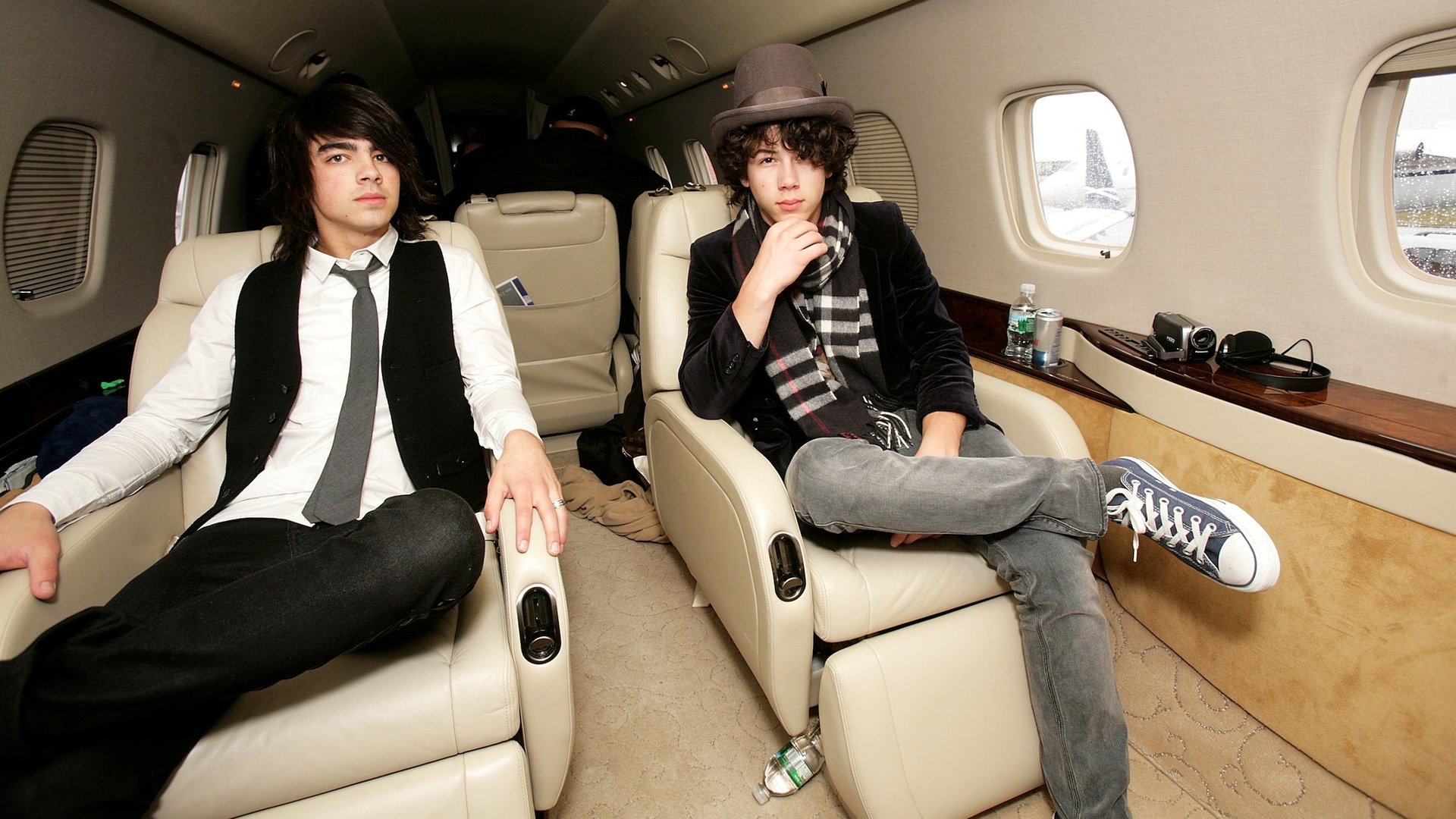The complete guide to surviving long-haul flights
A partnership between Qantas and Emirates was green-lighted yesterday. Both airlines fly some of the longest routes across the skies and carry thousands of business travelers around the world. Surviving long haul flights is the holy grail of any business traveler. How much water should you drink when you fly? And what can Ronald Reagan teach us about beating jet lag? Here’s how you survive a long-haul business trip:


A partnership between Qantas and Emirates was green-lighted yesterday. Both airlines fly some of the longest routes across the skies and carry thousands of business travelers around the world. Surviving long haul flights is the holy grail of any business traveler. How much water should you drink when you fly? And what can Ronald Reagan teach us about beating jet lag? Here’s how you survive a long-haul business trip:
1. Drink water. Obviously
At least one liter every five hours. That’s the recommendation from researchers from St. John’s University in Taipei. Dehydration on flights happens because passengers don’t drink enough water (half of the travelers surveyed by the Taiwanese scientists said they drink less than two cups of water when they fly), they drink too much booze and the cabin microclimate increases the rate of dehydration.
2. Don’t travel too much
The more you travel for business, the more stressed you get. A survey of 6,000 business passengers by Carlson Wagonlit Travel (CWT) found that there’s a cumulative stress effect among frequent business travelers because of a number of reasons ranging from lost luggage, to being away from their families, to not being able to eat healthily on the trip. They also found that women get more stressed out by business trips than men.
3. Starve off jet lag, Reagan style
Yes, that’s “starve,” not “stave.” In the 1980s, Charles Ehret, a biologist at America’s Argonne National Laboratory, thought he’d found the cure for jet lag: a crash diet. The imaginatively named Anti-Jet-Lag Diet was once fairly popular; Ronald Reagan reportedly used to follow it, as did “the U.S. Army and Navy, the U.S. Secret Service, the Central Intelligence Agency, the Mormon Tabernacle Choir, the Chicago Symphony Orchestra, the World Bank, the Federal Reserve System,” and other notable organizations, according to Argonne. The basic idea was to alternate feasting and fasting in the days running up to a long haul flight.
More recently, Harvard scientists took the idea a step further and concluded that the real cure is to starve yourself completely before flying. Read what happened when Steve Hendricks from Harpers tested the theory.
4. Melatonin might help
Medical consensus on the effects of melatonin—the hormone that controls sleeping and waking cycles—on jet lag is mixed. You can get hold of it over-the-counter in the US, but not in Europe. Early research concluded it doesn’t make a difference (paywall). More recent studies, however, have found that it does actually help overcome jet lag. Various studies, including one in the British Medical Journal, have charted the effects of melatonin on long haul flight passengers and found those who took the hormone recovered faster than the placebo group.
As for the dosage, the test group was given 5mg of melatonin a day for three days before the flight, another dose during the flight and a further dose a day for three days after the flight. Just taking it after your flight, before bedtime, as a lot of people do, may not help so much.
5. Try not to lose your luggage
Lost luggage is the most stressful thing that can happen to a business traveler, according to CWT. This is closely followed by poor internet connections, flying economy on long haul flights, and delays. Do yourself a favor—travel with only a carry-on.
6. Ask the guru before picking your seat
If you’ve been relegated to coach, use SeatGuru to find the best seat. The website, owned by TripAdvisor, lists color-coded seating charts for hundreds of aircrafts. It tells you which seats to avoid because they don’t recline, are too near the toilets, are narrower than usual, and so on, as well as which ones have extra legroom.
7. Send your youngest employees economy class
Flying economy on long-haul flights becomes more stressful with age. The CWT study ranked stress factors associated with business travel on a 10 to 100 scale. Flying economy on long haul flights was one of the factors, and they found that travelers in the over 60 age bracket scored 15 stress points higher than those under 30. It might be worth companies spending the extra money on business class for older employees, because the study also found that older travelers reported a lower level of stress when faced with working long hours at their destination.
8. Don’t assume technology will help you travel less
Researchers from the University of Marne-la-Vallée in Paris wanted to figure out how advances in technology, particularly communication methods, were affecting business travel (paywall). On the one hand, video-conferencing provides an alternative to physical meetings, reducing the need for travel. On the other, improved telecommunications and particularly internet coverage are making it easier for companies to become more networked make contacts all across the globe—contacts that need visiting from time to time. The results of the study were fairly inconclusive, finding insufficient evidence that either factor overweighed the other.